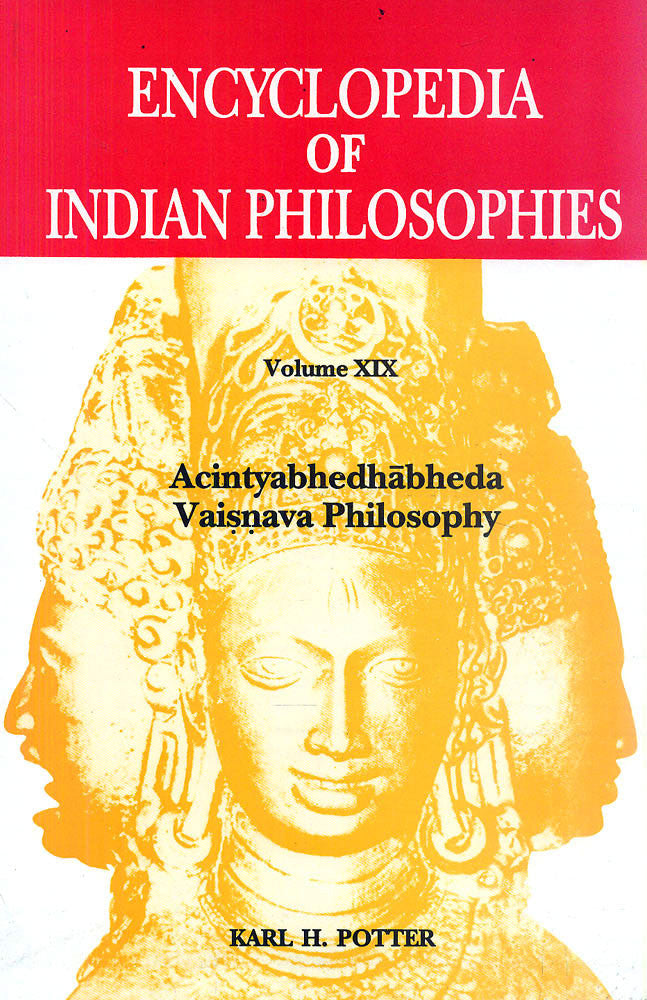Encyclopedia of Indian Philosophies, Vol.19: Acintyabhedhabheda Vaisnava Philosophy
Encyclopedia of Indian Philosophies, Vol.19: Acintyabhedhabheda Vaisnava Philosophy is backordered and will ship as soon as it is back in stock.
Couldn't load pickup availability
Confronted with a series of volumes called the Encyclopedia of Indian Philosophies, one is likely to ask, What constitutes 'philosophy' in the relevant sense? Introductions to understood as investigation of the nature of and path (s) to liberation from rebirth (moksa; nirvana), a definition which seems to fit most Indian schools of thought as taught and practiced in the classical period (500 B.C.-1000 A.D.), whether Jain, Buddhist or Hindu. These schools persists for the most part into the twenty-first century, though concern for liberation is in some cases overshadowed by the rise of a commitment to religious purposes, understood broadly as bhakti or devotion to God.
The system that is the subject of the present volume is one such devotional system. As this volume demonstrates, the concern of this system is two-fold: liberation is accepted, but downplayed in the face of the requirements of true devotion. The system is but one representative of devotional systems; other such systems, equally deserving of a volume devoted to them (such as Suddhadvaita), are regretably not planned for inclusion in this Encyclopedia.
In Part I of the book the Introduction written by Prof. Ramakanta Chakravarti focuses on "Gaudiya Vaisnavism in Bengal."
In Part II the summaries of works include Caitanya, Raghunath Goswami Dasa, Sanatana Gosvami, Rupa Gosvami, Raghunatha Bhatta, Gopala Bhatta, Jiva Gosvami, Narottama Dasa, Narayana Bhatta, Visnudasa Gosvami, Vamsidhara, Visvanatha Cakarvarti, Radha Damodara, Rupa Kaviraj, Baladeva Vidyabhushana, Savai Jayasimha, Bhavanicarana Tarkabhusana, Krsnadeva Sarvabhauma or Vedantavagisa, Viracandra Gosvamin,
Radharamana Dasa Gosvami, Bhaktivinoda Thakkura, Vrndavana Tarkalamkara, Gaurakisora Gosvami, Aksaya Kumara Sastri, and Anupanarayana Tarkasiromani.
Review(s)
About the Author(s)
Karl H. Potter is professor of Philosophy and South Asian Studies at the University of Washington is Seattle, and is General Editor of the Encyclopedia of Indian Philosophies. Series containing 28 volumes.
-
Pages
-
Edition
-
Size
-
Condition
-
Language
-
Weight (kg)
-
Publication Year
-
Country of Origin
-
Territorial Rights
-
Reading Age
-
HSN Code
-
Publisher




